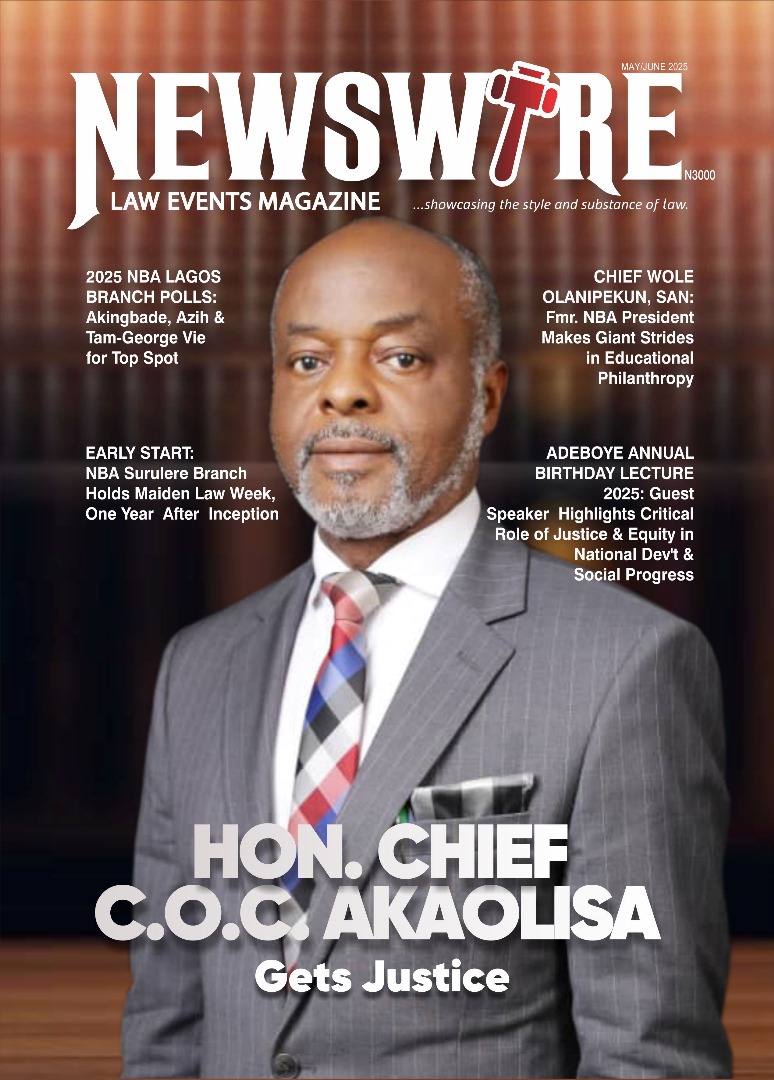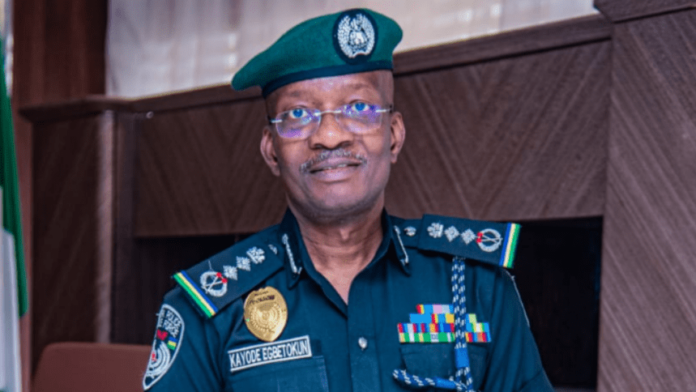The Inspector-General of Police (IGP), Kayode Egbetokun, has opposed the growing calls to allow Nigerians to bear arms as a solution to the country’s worsening insecurity.
The IGP warned that such an approach would only escalate violence and deepen insecurity across the country.
Egbetokun stated this at the second Nigeria democracy week, which was organised by the National Democracy Stakeholders Group (NDSG) in partnership with Senator George Akume, the secretary to the government of the federation (SGF), in Abuja.
Green job opportunities
Represented by the commissioner of police, Federal Capital Territory (FCT), Ajao Adewale, the IGP said widespread civilian access to firearms was not the solution to the country’s complex security challenges.
While insisting that violence cannot be used to solve violence, he said, “We need to learn from the countries that have allowed such. To what extent will this solve the problem? You cannot solve violence through violence. You solve violence by advocating for peace. Weapons are not the solution. Dialogue, tolerance, and accommodating each other are the way forward,” he said.
Egbetokun dismissed claims that the police assisted in election rigging, describing such allegations as a figment of imagination. Hence, the force’s role during elections is strictly limited to providing security and ensuring peaceful conduct.
“We are not partisans. We are like umpires. The duty of the police is limited and restricted to the profession of security during the election year. As much as we remain on that, we can’t vote. People vote. INEC count. We monitor.
“And that is our situation, and the way forward is that there has been a renewed synergy, inter-agency collaboration, involving even the state government, the INEC, the civil societies, including training and retraining of officers to ensure that they stay on their mandate,” he said.
For his part, SGF Akume said the reforms introduced by the Tinubu-led administration were laying the groundwork for long-term national stability and inclusive economic growth.
Represented by the permanent secretary of Political and Economic Affairs in the Office of the SGF, Nadungu Gagare, the former Benue State governor, said mid-term reviews must serve as instruments of democratic accountability, not ceremonial events
Akume noted that President Tinubu took office at a time of global economic volatility and domestic fiscal strain, yet within two years, the administration has embarked on bold structural reforms in key sectors.
“President Bola Ahmed Tinubu assumed office during a period marked by global economic uncertainty, national fiscal strain, and heightened social expectations. In just two years, his administration has prioritised reforms in several critical sectors of the economy. These interventions are laying the foundation for long-term national stability and inclusive growth.
“The Office of the Secretary to the Government of the Federation is a nerve centre for cross-sectoral coordination. In the last two years, we have intensified efforts in synchronising policy of government and aligning them with national development priorities; facilitating partnerships with the National Assembly, Civil Society Organisations, development partners, and subnational governments as well as support the design of frameworks that track and report progress on key performance indicators, including components of the Renewed Hope Agenda.
“Through these mechanisms, institutional collaboration is no longer a matter of convenience; it is now a national imperative. Permit me to state that governance, however, cannot thrive without democratic resilience. Democratic resilience refers to the capacity of our institutions, processes, and people to withstand internal and external shocks while upholding democratic values,” he said.
Chairman of NDSG), Dr. Kletsaint Akor urged the President Tinubu administration to treat the mid-term period not as a ceremonial checkpoint, but as a moment for deep accountability, inclusion, and urgent reforms.
“We must reimagine an electoral system where every vote counts, and every citizen trusts the process. Without electoral legitimacy, governance becomes performative rather than productive.
“Let us commit to institutionalising electoral reforms including funding independence for INEC, transparent appointment of commissioners, and strict sanctions for malpractice”, Akor added.
-Advertisement-
Grab our latest Magazine, "Hon. Chief C.O.C Akaolisa gets justice". Get your order fast and stress free.
For more details about Newswire Law&Events Magazine, kindly reach out to us on 08039218044, 09070309355. Email: newswiremagazine@yahoo.co.uk. You will be glad you did






